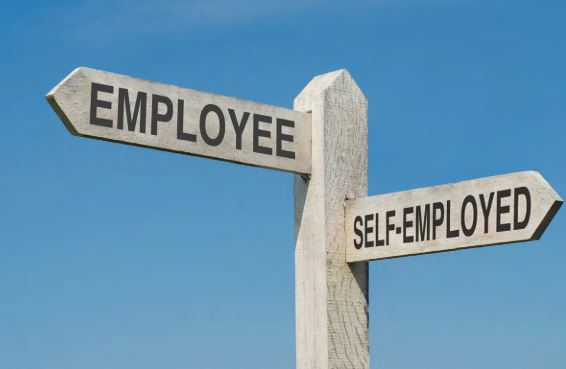×
The Standard e-Paper
Stay Informed, Even Offline

When one loses their job, especially unexpectedly, it feels like the world is crumbling. And through the past few months, many Kenyans have lost their sources of income. But with a little creativity and a lot of hard work, one can climb out of the bleakness.